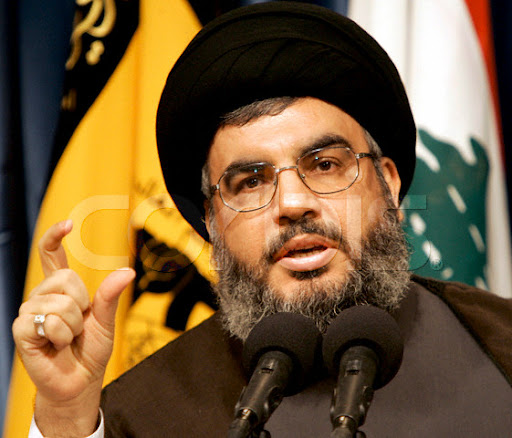
The group is led by 46-year-old secretary general Hasan Nasrallah, an Iranian educated cleric who boasts that his militia is the only Arab force ever to have defeated Israel. The group's armed wing was created to fight Israeli forces that invaded Lebanon in 1982 (and later, U.S. troops sent as peacekeepers). A Hezbollah suicide bombing killed 241 Marines in October 1983, prompting the U.S. to withdraw its forces. As Israel forces retreated to southern Lebanon, Hezbollah harassed them with small arms and missile attacks until the Israelis withdrew altogether in 2000. Since then, Hezbollah has continued to launch attacks in a deserted portion of territory held by Israel, claiming the land is part of Lebanon. It has also periodically fired missiles into Israeli border towns.
As a political party, Hezbollah built a following with its network of clinics and schools in poor Shiite communities. In parliament, its representatives supported the Syrian-dominated government that emerged from the settlement of the Lebanese civil war in 1992. After massive peaceful protests forced Syria to withdraw its military forces from Lebanon in 2005, the United Nations and other Lebanese political parties called on Hezbollah to disarm. The group refused, saying its arms would only be used to defend against Israel. The government backed down when one of Lebanon's Christian political parties supported Hezbollah's position in return for Shiite support of its presidential candidate.
In 2004, the group bolstered its standing in the Arab world by obtaining the release of hundreds of Lebanese and Palestinians held in Israeli jails, something that the Palestinian authorities had never been able to achieve. Among Palestinian militants, Hezbollah is increasingly seen as a model for resisting Israeli occupation. The Palestinian militant group Hamas, an offshoot of the Sunni Islamic organization the Muslim Brotherhood, has set aside religious differences to support Hezbollah's anti-Israel tactics.

No comments:
Post a Comment